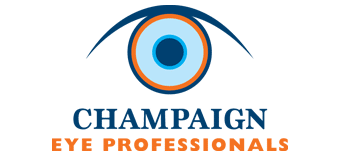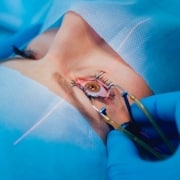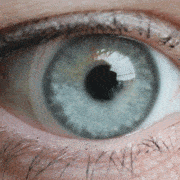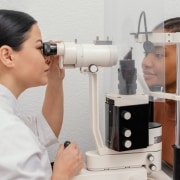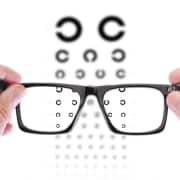4 Myths About LASIK
The next time you visit your optometrist, be sure to ask about LASIK in Champaign, IL. If you wear eyeglasses or contact lenses, there’s a chance that your vision can be permanently adjusted using the advanced technology of LASIK. You’ll almost certainly have questions about this procedure, so here are some myths you must also be aware of.
1. You’ll Never Need Glasses Again
Every person’s experience with LASIK differs. Spending upon your eyesight, to begin with, LASIK may not completely eliminate the need to wear glasses ever again. Some people who get LASIK find that they still need reading glasses for close-up work such as reading or sewing.
2. LASIK is Too Dangerous
LASIK was developed out of hard work and 50 years of research before it was finally approved as a vision correction procedure by the FDA in 1999. Since then, with an extremely high success rate, LASIK has been performed on countless individuals worldwide. Like any surgery, LASIK carries risks, but these risks have been minimized, and LASIK is considered to be very safe.
3. LASIK Doesn’t Last
LASIK is a physical correction of eyesight with permanent effects. They do not wear off. What does change is people’s eyes over time. A person is still susceptible to all the changes that can happen with aging, including macular degeneration, cataracts, and more. Because of this, other treatments may be needed years later, such as eyeglasses, cataract removal, and similar.
4. LASIK is Very Painful
Most patients feel little to no pain during LASIK. There may be a sensation of pressure, but since numbing drops are used, the pain level is low to non-existent. Also, the recovery time is very short, with many people returning to their normal routine after just one day.
Contact your optometrist in Champaign, IL, at Champaign Eye Professionals. We’ll answer all your questions and see if you are a good candidate for LASIK.
